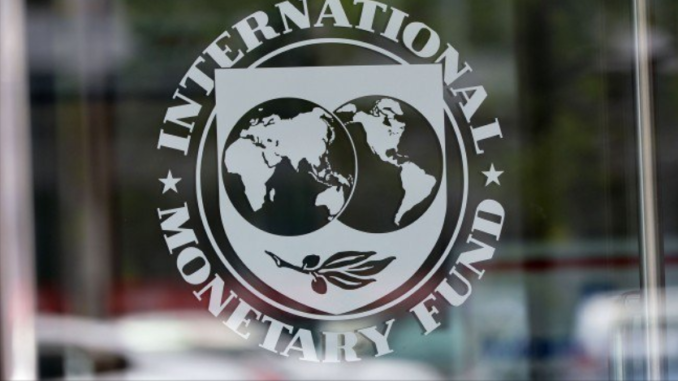
The International Monetary Fund (IMF) has advised Nigeria to increase excise tax and monetary policy rate in a bid to strengthen the economy.
The global lender said Nigeria needed more ambitious tax policy measures, such as reforming the value-added tax, increasing excise, and rationalising tax incentives.
An excise tax is an indirect tax paid on goods; it is paid by the manufacturer who then passes it on to the customer by including it in the price of the item.
Nigeria’s economy, which slipped into its worst recession in 25 years, exited with a 0.83 GDP growth in 2017.
The monetary policy committee of the Central Bank of Nigeria (CBN) has kept MPR, which determines the interest rate, at 14 percent since 2016 to help the economy combat inflation.
The committee has been unable to meet in 2018 because of the senate’s refusal to confirm appointees for the committee, which cannot form a quorum at present.
“Directors commended the central bank’s tightening bias in 2017, which should continue until inflation is within the single digit target range,” IMF said in Article IV, an annual appraisal of a country’s economy, which was released in Washington on Wednesday.
“They recommended continued strengthening of the monetary policy framework and its transparency, with a number of directors urging consideration of a higher monetary policy rate, asymmetric application of reserve requirements, and no direct central bank financing of the economy.
“A few directors urged confirmation of the appointments of the central bank’s board of directors and members of the monetary policy committee.
“Directors commended the recent foreign exchange measures and recent efforts to strengthen external buffers to mitigate risks from capital flow reversals. They welcomed the authorities’ commitment to unify the exchange rate and urged additional actions to remove remaining restrictions and multiple exchange rate practices.”
The Bretton Wood institution advised the CBN to carry out an asset quality review of the banking sector to determine if banks have made adequate provisions for non-performing loans (NPLs).
The level of NPLs in the banking sector is currently at 14 percent, higher than the five percent recommended by the CBN.
IMF commended the progress in implementing the economic recovery and growth plan, including the start of a convergence in foreign exchange windows, tight monetary policy, improvements in tax administration, and significant strides in improving the business environment.
END

Be the first to comment